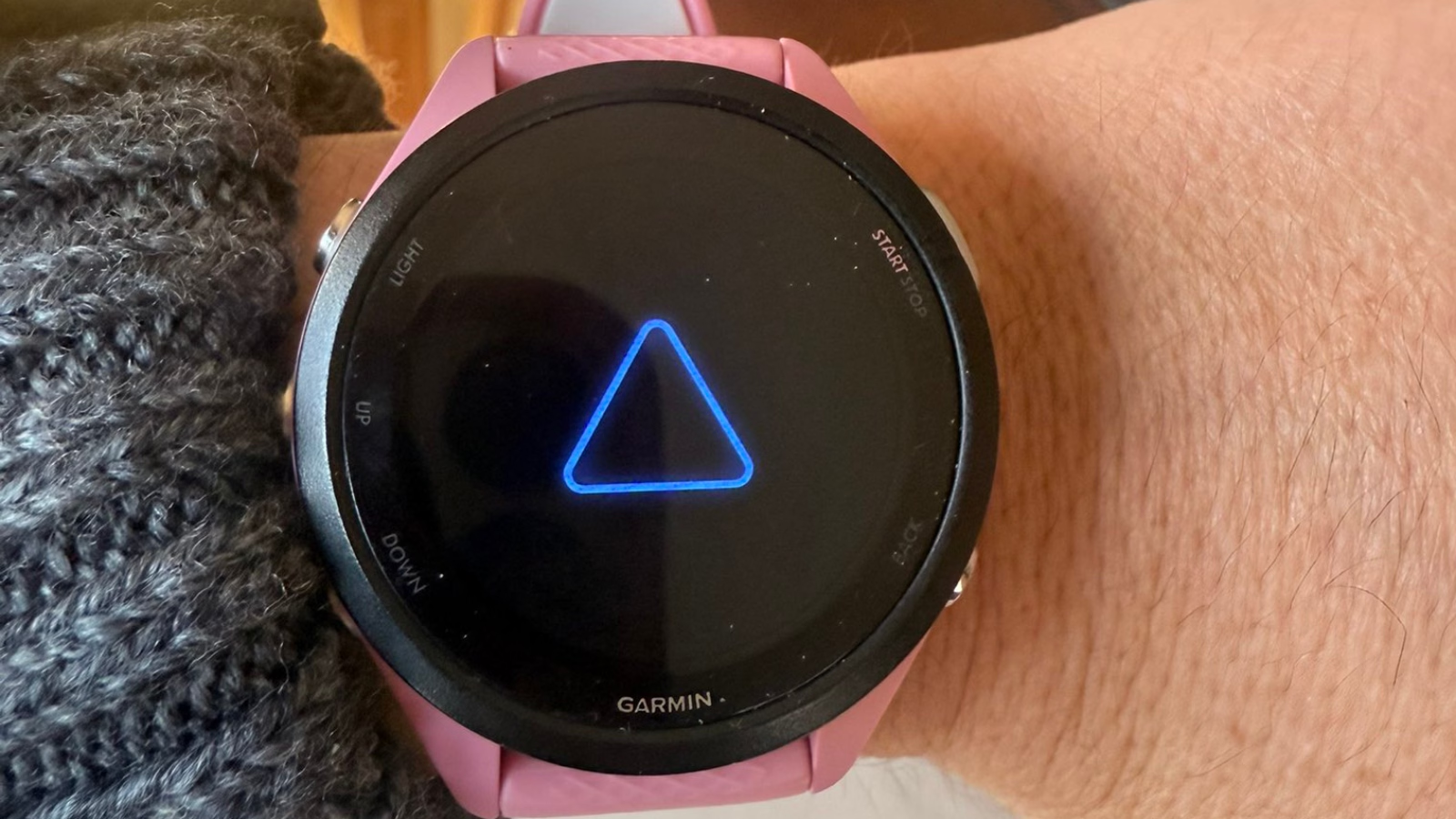In the not so distant future, authorities might be well equipped to prevent and reduce instances of deadly terrorist attacks.
As researchers in New York have developed a new framework that uses behaviour patterns to predict when terrorists are likely to attack in the future.
A team of scientists from Brighton University will use the framework by analyzing terrorist attacks that took place between 1970 to 2014.
The framework will use several parameters like attack time or weapons used to predict an oncoming terror attack.
Researchers claim that the framework was able to predict most of the characteristics of terror attacks in the past with more than 90 percent accuracy.
They also claim these results support earlier findings that terrorists copy the behaviour of other terrorist groups and learn from their successes and failures.
“They are learning, but they do not know they are learning. If we do not have social media or other technologies, we need to understand the patterns. Our framework works to define which metrics are important,” said lead researcher Salih Tutun.
“For example, what is the relationship between the Paris and the 9/11 attacks? When we look at that, if there is a relationship, we are making a network. Maybe one attack in the past and another attack have a big relationship, but nobody knows,” he added.
Studies conducted in the past have primarily focused on understanding behaviour patterns of individual terrorists, instead of studying different attacks by analyzing their relationship with each other.
Tutun believes that accurately predicting a terrorist attack ‘is a dream’, but reducing threats by using such patterns is a reality.
“When you solve the problem in Baghdad, you solve the problem in Iraq. When you solve the problem in Iraq, you solve the problem in the Middle East.
When you solve the problem in the Middle East, you solve the problem in the world,” said Tutun. “Because when we look at Iraq, these patterns are happening in the USA, too.”

















